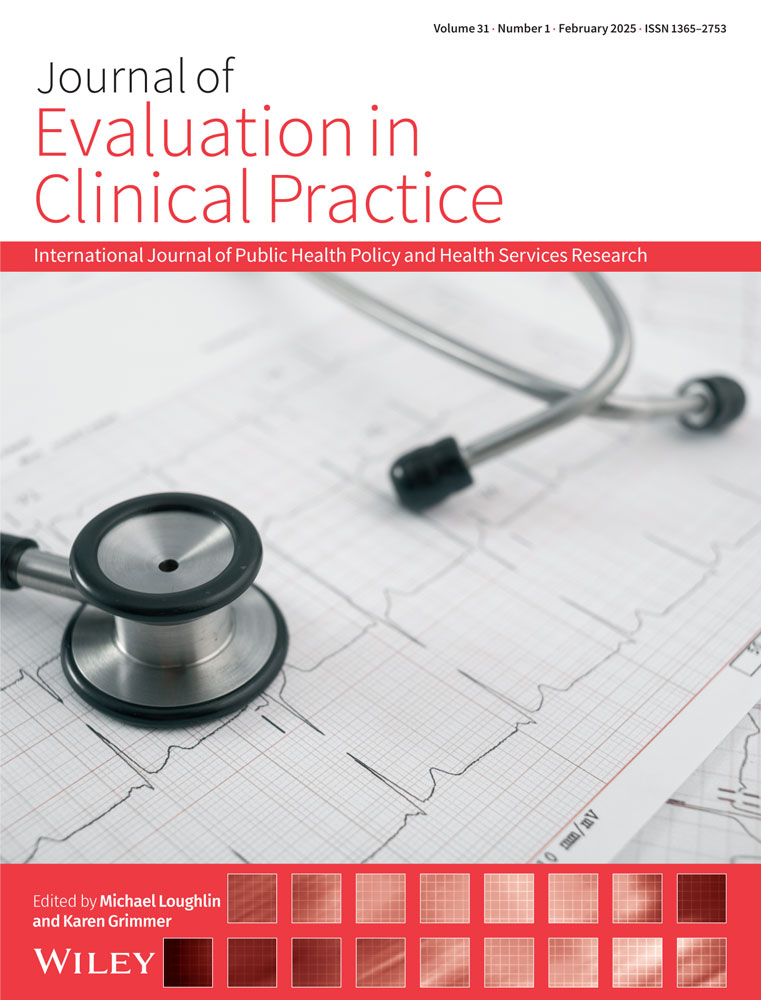The Relationship Between Long Covid Symptoms and Vaccination Status in COVID-19 Survivors
ABSTRACT
Background
The positive effects of vaccination status on the course of Long COVID symptoms have not been fully elucidated. Our aim is to determine the most common Long COVID symptoms in patients monitored in the COVID-19 follow-up clinic and to examine whether there is a difference between the recovery rates of those who are vaccinated and those who are not vaccinated.
Method
Between December 1, 2020 and April 30, 2022, prospectively collected data of 916 patients who were admitted to the COVID-19 follow-up outpatient clinic of a tertiary hospital for the first time were evaluated as a retrospective cohort in this study. The frequencies of the ten most common symptoms in the first and last examinations of 478 patients with Long COVID symptoms were determined, and their recovery was compared. Patients were divided into two groups according to their vaccination status. The values showing the recovery rates obtained for these two groups were compared between themselves again.
Results
The average age of the patients in the study group was 54.43 ± 11.71 years, and 255 (53.3%) were male. The median follow-up period was 10 months. 84.7% of patients had received at least one dose of vaccine. Statistically significant results were found for improvement in all ten symptoms in vaccinated patients compared to the never-vaccinated group. There was no statistically significant difference between the CoronaVac, BNT162b2, and heterologous (CoronaVac+ BNT162b2) vaccine groups. Factors affecting recovery for the three most common symptoms (dyspnea, fatigue, forgetfulness) were examined with univariate logistic regression analysis, and only vaccination or non-vaccination was found to be a significant risk factor.
Conclusion
This study showed that receiving vaccination may be effective in improving Long COVID symptoms. Although there were no statistically significant differences between the inactive vaccine CoronaVac, the mRNA vaccine BNT162b2, and the heterologous (CoronaVac+ BNT162b2) vaccine in terms of reducing Long COVID symptoms, higher recovery rates were detected in those who received the mRNA vaccine BNT162b2.
Conflicts of Interest
The authors declare no conflicts of interest.
Open Research
Data Availability Statement
The data that support the findings of this study are available on request from the corresponding author. The data are not publicly available due to privacy or ethical restrictions.




